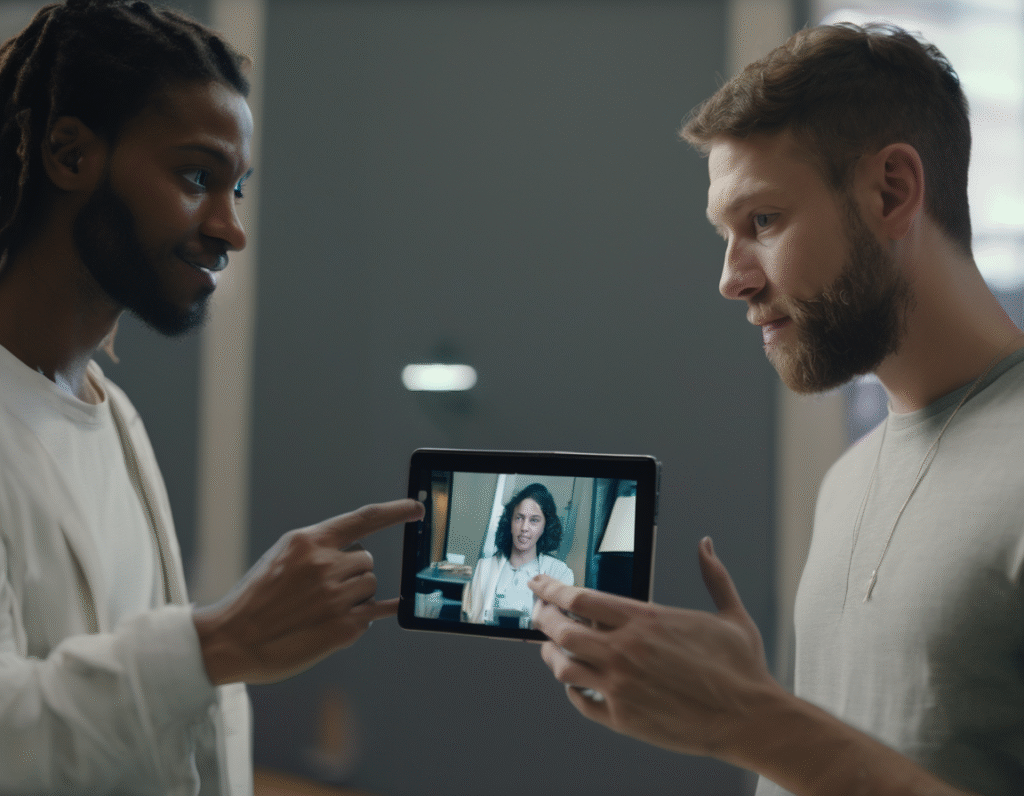OpenAI Faces Trademark Lawsuit Over Sora App’s Cameo Feature The maker of the celebrity video service Cameo has filed a trademark lawsuit against OpenAI, alleging that the AI company is infringing on its established brand with a similarly named feature in its new Sora video app. According to a Reuters report, the lawsuit claims that OpenAI’s use of the name Cameo for its new AI video feature is likely to cause consumer confusion and dilute the value of the existing Cameo brand. The complaint states that OpenAI has knowingly co-opted a well-established, federally registered trademark, ignoring the clear risk of consumer confusion and the irreparable harm that would be inflicted on the plaintiff’s trademark rights. OpenAI has responded that it is reviewing the complaint but disagrees that any single entity can claim exclusive ownership over the common word cameo. A spokesperson for the company conveyed this position to Reuters. Cameo’s CEO, Steven Galanis, stated that his company attempted to resolve the dispute amicably before filing the lawsuit, but OpenAI refused to stop using the name for its feature. The original Cameo app operates as a marketplace where users can pay to receive short, personalized video messages from a wide array of celebrities, including figures like Jon Gruden, Lisa Vanderpump, and Colin Mochrie. The service offers videos at a range of price points, typically starting around thirty dollars and going up to six hundred dollars per video. In contrast, OpenAI’s Sora app leverages its Sora 2 video generation model to allow users to create and share AI-generated videos. A central function within the app is the Cameo feature, which enables users to insert the likeness of real people into the videos they generate. This is not the first time OpenAI’s Sora app has faced legal scrutiny since its launch. The application quickly drew attention and concern for its potential to create videos using unauthorized likenesses, including those of deceased celebrities and characters from protected intellectual property like anime. The company has previously taken actions such as suspending the generation of videos depicting certain historical figures following requests from their families. The lawsuit from Cameo highlights that the conflict extends beyond just the shared name. It alleges that OpenAI has begun offering a service that directly competes with its core business. The complaint points out that users now have a choice: they can use the plaintiff’s Cameo service to book a real celebrity for an authentic, custom video, or they can use the Sora app’s Cameo service to create a highly realistic AI-generated video featuring a celebrity’s likeness, raising significant questions about authenticity and market competition. The legal action underscores the growing tension at the intersection of artificial intelligence and intellectual property law, as AI companies deploy new technologies that can replicate services and likenesses previously belonging to a distinctly human domain.

